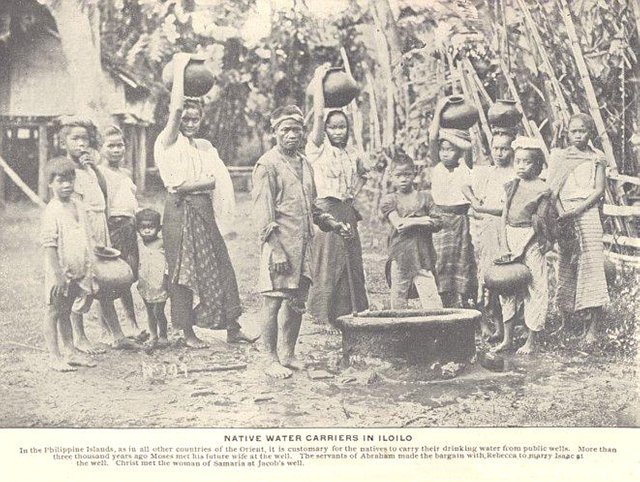Introduction to Philippine History
Introduction to Philippine History
Image Source
The history of the Philippines is divided in the three era; the Settlement, People (1588-1913) and Country (1913 - present). The Settlement is composed of 5 chapters and discusses the existence of early Filipino settlement, started from the rise of first person in the archipelago (the arrival and stay of the Austronesian in the Philippines in which their carried equipment, knowledge and practices of life turned out to be the basis or foundation of the grown Filipino culture and foundation of the early Filipino civilization that is special due to the predominant culture inherited from the Austronesian and also because that time was the onset of the creation of society and the expansion of trade with the country and between neighboring countries) until the starting proliferation of Islam in Sulu, Maguindanao and Maranaw which overtaken by the arrival of Christianism in different places in Mindanao. On the early 16th century, reflected from the formed settlement are the prosperity and treasure of the Filipino civilization in all aspect of the society - culture, faith, politics and economy.
The five chapters of People were focus on the foundation of the state intended for the archipelago in the basis of expanding the state or society of Manila which will bound as the colonial state in the huge part of the archipelago, while other remaining ethnic states such as Tausog, Maguindanao and Maranaw, together with the other free ethnolinguistic group. The political foundation of the archipelago will be discuss on this era, starting from the crisis that will be experience by the Filipino towards the propagation of the Spanish district militar, town, country houses and cities as new form of basis for the nation or the people of the Philippines. The return and starting of ethnic states that will be initiated by the countrymen (Katagalugan, Kailukuhan, Sulu, Bohol, etc) as a basis of unity against the colonial states which depended on the states of Manila of Sulayman-Rajah.

Image Source
The foundation of archipelago will be started during this time base on the expanded interpretation of people which when the time come there will be a face of the archipelago in the strive to attain by the "Mother Nation" of Bonifacio. This process is still rooted from the time of Austronesians; while the proliferation of the European or western idea of "Nation" will only appear during the time of Filipino People: Indigenous & Foreign, which will give ways to the division of society to the two opposing cultures, awareness, socio-political power and economic. Due to this, there will be a different economic-political and societal direction the new socio-political of the Philippines upon reaching its 20th century.
The "Country" which start from 1913 up to present. This was dependent on the spread of the desires of the elite to establish a country in the direction set by the "Nacion" which caused by the Propaganda -- the onset of dominating the political arena is the result of coup of Aguinaldo in the Tejeros on its recommence last May 19, 1898 inside an American warfare, after surrendering the "Himagsikan" last December 1897 to the "Biak na bato" (Broken Rock) while continuing the strive of the nation to occupy the Philippines inside one nation as an expanded "Mother Nation." Topics are the two direction which is "freedom" and "independence." Mother nation is focus on the independence, while freedom is important to those who promoted "Nation."

Image Source
The four chapters of "Country" discuss on the strive to attain freedom from self, the exclusion and unity of the Philippines; the granting of freedom to the elite of the nation and the outcome of its huge test in the national state due to identity crisis and the systems of society; the search of independence under the law of militar as a course deviation; and the correction of this by returning to democracy and continuously facing the problem of independence and prosperity, when the contradiction between political and economical elite that has western culture and the nation that honest to their own language and culture is much clearer.
Source:
History of the Philippines
By: Zeus A. Salazar
Hi there!
We inviting you to the new platform – [Mapala.net](https://mapala.net]. It is Wikipedia of tourism based on the Steem blockchain.
Your posts on mapala.net appears into your blog on Steemit. These posts also Become the part of the global tourist knowledge base.
Take a look how to register and write the first post on Mapala.net
I am already registered in Mapala. I will check it during my extra time
This post has been ranked within the top 50 most undervalued posts in the first half of Mar 08. We estimate that this post is undervalued by $3.54 as compared to a scenario in which every voter had an equal say.
See the full rankings and details in The Daily Tribune: Mar 08 - Part I. You can also read about some of our methodology, data analysis and technical details in our initial post.
If you are the author and would prefer not to receive these comments, simply reply "Stop" to this comment.